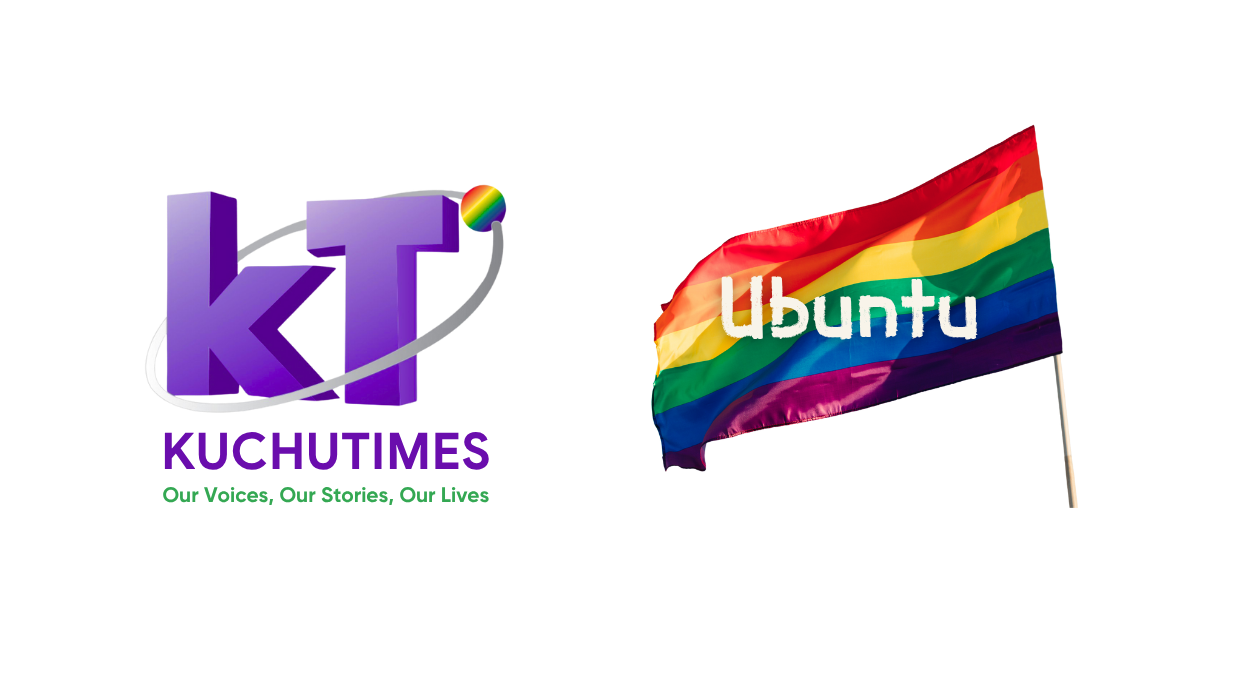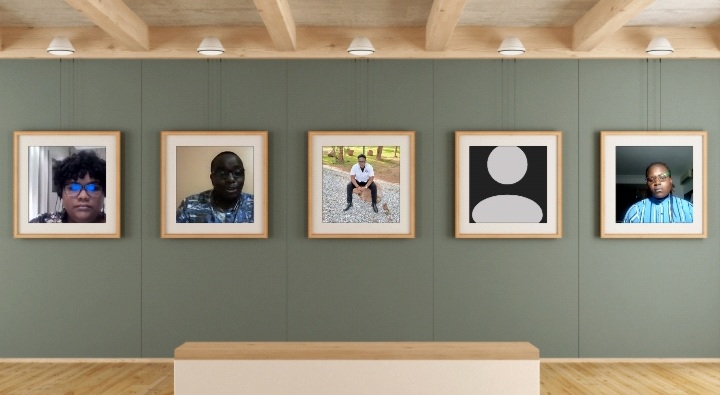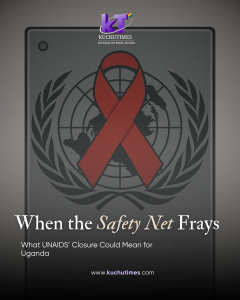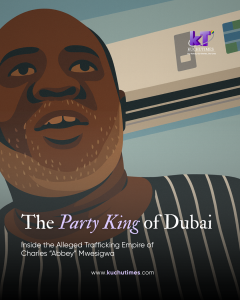Intersex people demand for better healthcare across Africa. This while speaking at a webinar organized by Iranti on why healthcare is an unsafe space for intersex persons across the continent.
James Karanja from Intersex Persons Society of Kenya said, “The biggest barrier has been language within the medical practice, they don’t see us as human but as a disease that they need to treat. When a parent gives birth to an intersex child they start planning with the doctor on how to make it go away, we are treated like a medical subject. It is torture to us. We are not comfortable within the medical world.”
He added that, although Kenya is among the most progressive countries in Africa when it comes to addressing intersex human rights, there is need to raise more awareness to see that even people who are engrossed in culture and religion don’t harm intersex people.
“They see us as a curse leading to intersex infanticide. Everyone has a right to sexual pleasure and body autonomy but as intersex people we aren’t getting that, the existing heteronormative framework harms us and we have to give in to a certain binary gender to fit in. As much as we have progressed as Kenyans we need to do more to protect intersex people. We need to think of our health and this is not only genital operation, it has to be all sorts of health care.” Says James
James concluded that, “Parents need to wait before they consent to any medical “correction” of their intersex children, every decision they make affects our lives forever. Parents shouldn’t make decisions just to please the society. Their decision should be entirely to help the intersex child. Within the African context as intersex people we need to find a way to package and share messages about intersex people with our communities to allow parents make the right decision when it comes to their intersex children, parents should know the right decision to make for their children.”
Crystal Hendricks from Iranti South Africa who was the moderator of the panel said, “Intersex bodies continue to be abused by the medical fraternity. Genital mutilation does not improve our health but rather harms us. We need policies that protect us from harm. Intersex people are being mutilated and our human rights are being abused. Intersex people struggle with gender identification, we need to seek redress for the things that were done to us. We need to de-pathologize intersex people, we are not sick, we are not a burden. Some doctors scare parents and tell them if they don’t do a surgery on their kids they will get cancer which is not true. This has to be changed within our policies.”
She said, “Intersex rights are human rights.” Adding that they as Iranti want to take the government to court so that they stop unwarranted non-consensual mutilation of intersex people just to meet the heteronormative notion of society.
“Intersex people are being erased from society, we need to come together and fight against this. Doctors need to make things better for us. As intersex people we see doctors as scientists, they see us as experiments that they need to “fix”! Intersex people do not need to be “fixed”, we can lead a full life without any cosmetic surgeries this is why consent is very important when it comes to us as intersex people.” Says Crystal.
Mphaso Satya from the Intersex Society of Zambia said, “I want to see a day where intersex people do not have to conform to the male/female binary that doctors want to enforce on us. We are human beings just like any other person and our human rights have to be respected. Not all of us need corrective surgery.”
Ronnie Zizwe from from the Intersex Community of Zambia said, “Unlike developed countries, some of us if you don’t have resources to access quality services it can be a problem. We tend to access poor quality health services just by virtue of being intersex. We need to work together as intersex people and fight against medical practices being done on us that damage us for life. The doctors get awarded for having done something deemed “phenomenal” yet they are hurting us. We need some form of redress. We need to include our governments and inform them of the harms that are being caused to intersex people, we demand redress now.”
Ronnie added, “We need to start looking at the mental health professionals and the rest of society because that’s where the problem comes from. What a doctor says, is “right” for society. The language being used even within the medical fraternity harms us. We need to fix the language within the medical fraternity. They need to look at intersex as human beings and stop pathologizing us. Intersex people are normal, we don’t need to be “corrected” the language we use to address intersex people matters. No matter how we understand or accept ourselves but when a doctor says something else it won’t help us and in the end we are hurt. I’m the one living this reality so my voice matters.”
“Healthcare providers are sworn to oath to protect humans despite where they are from but unfortunately they don’t allow youth and children access to the truth about the existence of intersex people, they see it as a condition, they see it as an abnormality that they have to address. Parents aren’t equipped with the proper information on how to deal with intersex children and they end up freaking out and pushing for harmful practices on their children that harm them. We need to have a curriculum that addresses intersex people in Nigeria so that people grow up knowing that being intersex is not taboo, this will even inform their decisions as health care providers in the future. There is no life threatening risk an intersex person can face because of not being “fixed”, we are just like any other person and we all face the same health challenges.” Said Obiomma Chukwuike from Intersex Nigeria.
In conclusion Obiomma called for the following advocacy interventions;
• Sensitization programs for not only doctors but also to parents that have intersex children.
• Media advocacy on main stream media like radio, TV and social media because these have high influence on society and we could even get feedback from there.
• Community engagement via outreaches where you can have town hall meetings or one on one conversations with religious or political leaders.
• There’s need to do more research because data proves what’s really happening on ground, the data could be used to explain the plight of intersex people.
• Working with the LGBTQ community and feminists to speak up against atrocities being metted out on intersex people because there’s power in numbers.
Iranti is a media advocacy organization defending the rights of lesbian, intersex and transgender persons in Africa.




